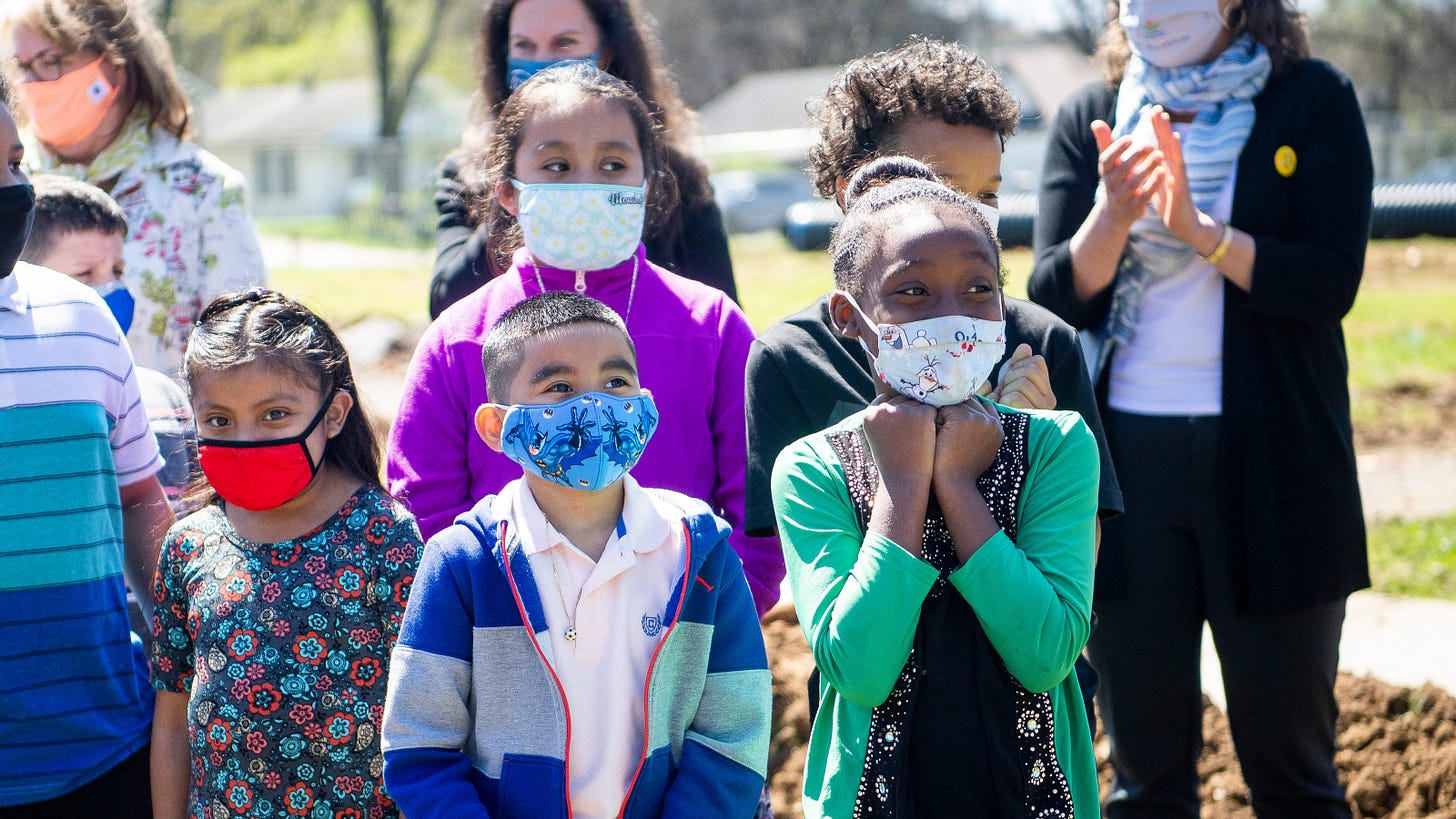For My Enemies, The Law
We can't have reliable social order if we hold the same events to different legal standards
Two years ago, I became obsessed with a very specific Covid story.
In November 2021, federal judge Ronnie Greer ruled that every public school student in Knox County, Tennessee had to wear a mask. As a federal directive, this was a rule that was above the state law that forbade mandatory masks in public schools. This was, in effect, a federal mandate to force all public school students in the county to wear masks for the duration of the school day.
I complained about this at the time, noting an array of problems with this ruling including the fact that masks have not been shown to be an effective retardant for Covid spread in large populations and especially not in school settings. The ruling was nonsense. It was a vibe ruling, a legal opinion meant to take the reasoning of a vanishingly small number of people with whom the judge sympathized and enforce it on 60,000 families who didn’t want it and voted against it. Judge Ronnie Greer took a policy favored by 4 families and decided it was important enough to use the power of the federal government to override state law.
One of the key parts of this decision was when the school district told these 4 families, in essence: “You know what? If you’re worried about Covid, we offer remote school options. Just do that and leave the other kids alone.” But Judge Greer decided that “remote or virtual learning is not a substitute for live, in person schooling.” These vulnerable students needed to be able to attend in-person classes and, as a result, all students in the school needed to be masked.
Wait, What Did He Just Say About Remote Learning?
To me, the important part of this decision was not the part about masks but the determination that remote schooling is not a valid substitute for in-person schooling. That is a very big statement. That is a very big deal.
I say this because that means that my children were denied an entire year of school by the government that promised to educate them. It means that every instance of virtual schooling does not count as the form of schooling that they are legally obligated to provide.
“Remote learning is not a substitute for live, in person schooling”
That was a key part of Judge Greer’s legal argument. This is the standard that he proposed we should be holding schools accountable. In order to fulfill their promised role, they must provide in-person schooling. Remote school is not a substitute. That is what the federal judge said, that is the rule we are living by.



